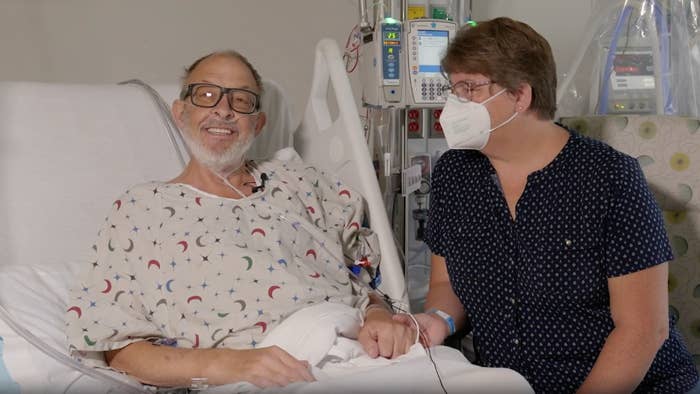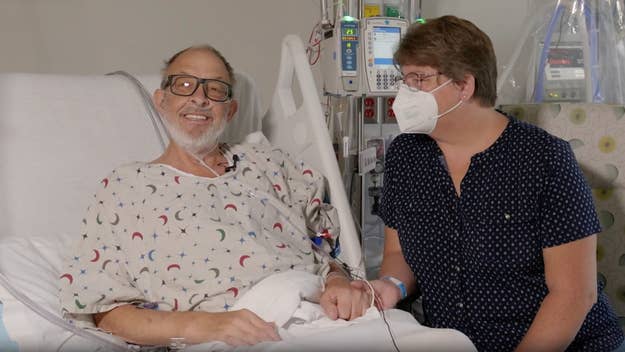
A 58-year-old man who received the second pig heart transplant in history has died.
“It is with great sadness that we announce the passing of Lawrence Faucette, the 58-year-old patient with terminal heart disease who received the world’s second genetically-modified pig heart transplant,” a statement from the University of Maryland School of Medicine, shared on Tuesday, read.
According to doctors, Faucette was given the transplant in September, ultimately living for about six weeks after the procedure. During that time, doctors said, he was initially shown to be making “significant progress” thanks in large part to physical therapy sessions.
Dr. Bartley P. Griffith, the doctor who translated the pig heart into Faucette, called his patient a “remarkable” man whose parting request exhibited his inspiring attitude toward not only his own situation, but its potential impact on future generations.
“Mr. Faucette's last wish was for us to make the most of what we have learned from our experience, so others may be guaranteed a chance for a new heart when a human organ is unavailable,” Dr. Griffith said. “He then told the team of doctors and nurses who gathered around him that he loved us. We will miss him tremendously.”
In January of last year, the University of Maryland made history with the first successful pig heart transplant. David Bennett, the 57-year-old recipient of the historic transplant, said at the time that he knew it was "a shot in the dark, but it's my last choice."
Bennett died two months later, with researchers later sharing additional information about the transplanted heart in question. According to Dr. Griffith, the findings from the headlines-spurring 2022 transplant “did not show evidence of rejection.”

